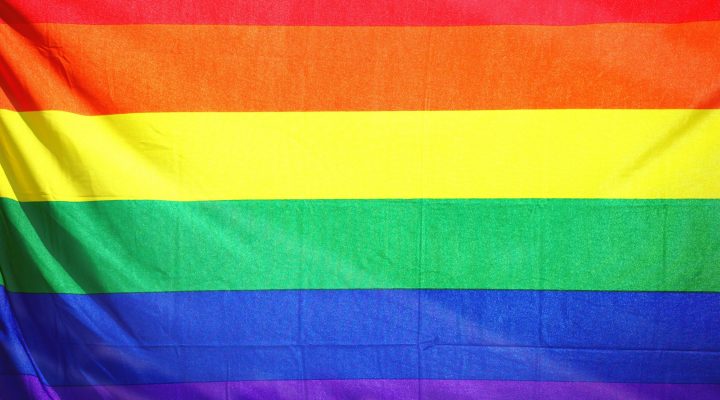It’s LGBT History Month which means the LGBT community is sprinkling London with various panel talks, museum exhibitions and, of course, a drag shows this February. Typically, when we think of a drag queen, we think of a man wearing excessively extravagant costumes and make-up. However, an increasing number of women are choosing to shatter this stereotype by making a place for themselves on the drag queen stage.
A quick Google search of ‘female drag queens’ throws you an article called ‘Faux queen’. This seemingly undermines women who are trying to make a name for themselves in the industry, suggesting that their craft is not as worthy as their cis-male counterparts.
American reality TV show RuPaul’s Drag Race is undeniably a driving force for pushing the drag industry into the mainstream. However, last year, renowned drag queen, LGBT activist and host of the show, RuPaul, told the Guardian that he would ‘probably not’ allow a trans woman on the program. He added: “You can identify as a woman and say you’re transitioning, but it changes once you start changing your body.”
This comment sparked outrage amongst drag queens and the wider LGBT community who were angry at the idea that physical attributes determine gender identity, an issue the trans community is trying to combat.
Female drag queen Ginger Phlappage, who runs London Rascals, an East London based drag event, believes that women have just as much right as men in the industry: “I just think it’s a bit ironic that a male drag queen would question a female drag queen when they’re using our body. You’re using our representation of what it is to be female, so how is it your world?”
She adds: “I think drag is more diverse than that. There’s a lot of different forms of drag in London and it’s not just being about a cis-man dressing up as a woman.”
With female drag queens such as Monica Beverly Hillz, Carmen Carrera and Miss Malice stirring up the drag queen industry, and with boundaries of gender being questioned day-to-day, the public notion of what it is to be a drag queen is evolving.
On defining drag, Ginger Phlappage says: “Drag is exploring gender. It’s breaking down the notions of what society deems to be male and female. It’s having fun and it’s not being scared to present this array of gender identity. I think we’re way past female and male now.”

